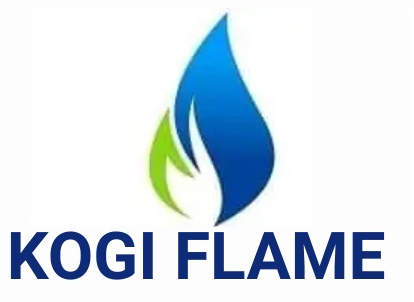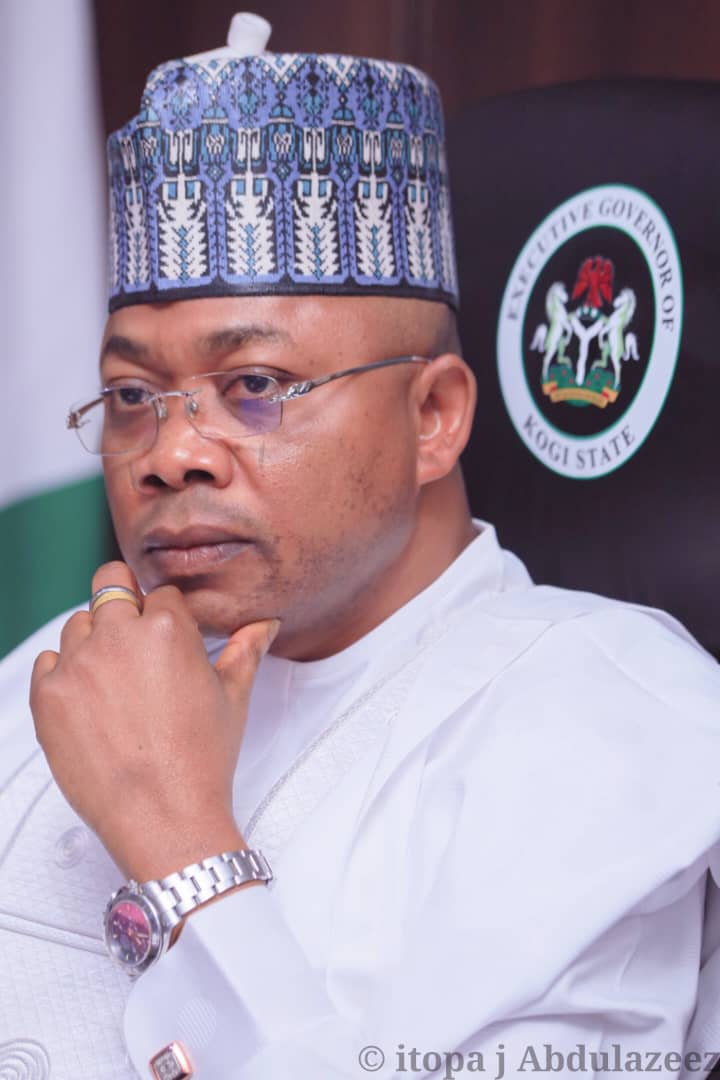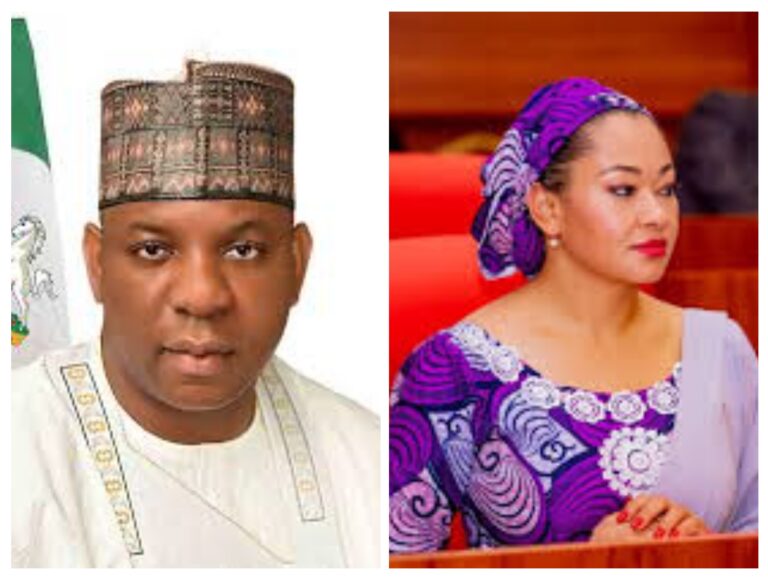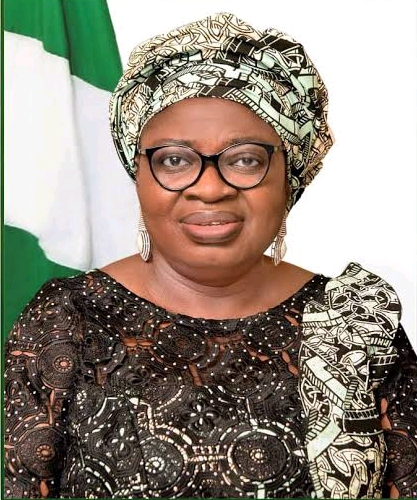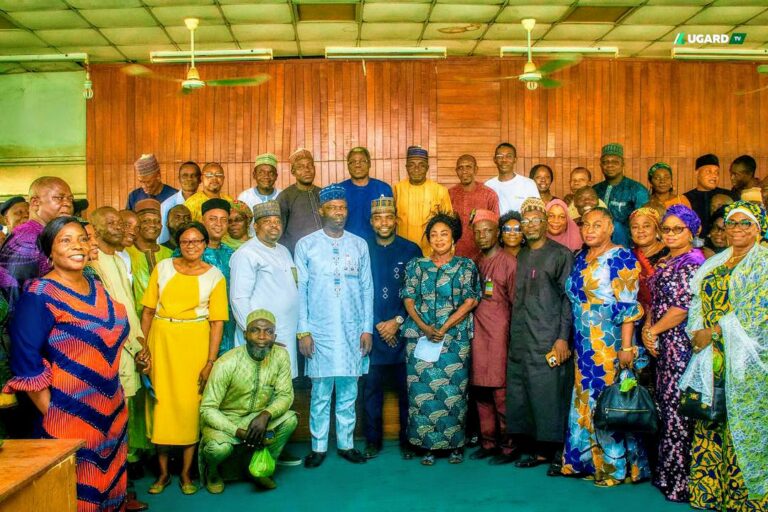


Kogiflame
1. The recent outing of the Economic and Financial Crimes and Other Related Offences Commission (EFCC) has unleashed a maelstrom of controversy, casting a pall of doubt over the agency’s commitment to justice and undermining the public’s trust in institutions.
By initially instructing the former governor to return home, only to launch a sudden assault on him later, the EFCC has demonstrated a troubling propensity for duplicity, leaving many to question its true motives.
This brazen display of unprofessionalism has far-reaching implications, eroding the foundation of accountability and transparency that democratic governance requires. It is imperative that the Nigerian government takes swift and decisive action to address this travesty.
2. This egregious breach of trust has shredded the fabric of public confidence, laying bare the dangers of unchecked power and highlighting the need for robust institutional safeguards. The Nigerian government must prioritize accountability, ensuring that institutions operate within established legal frameworks and are held accountable for their actions.
Anything less would perpetuate a culture of impunity, undermining the rule of law and damaging the nation’s democratic fabric. The EFCC’s actions serve as a stark reminder of the importance of effective oversight mechanisms and the need for institutions to respect the rights of all citizens.
3. In contrast, the former governor and sitting governor have emerged as beacons of statesmanship, their commitment to due process and respect for the law shining like a guiding light in turbulent times.
Their exemplary conduct serves as a powerful rebuke to the EFCC’s unprofessional behavior, demonstrating that leaders can uphold the law while promoting the public interest. Their actions underscore the importance of integrity, accountability, and transparency in governance.
4. As the nation grapples with the fallout from this incident, it is essential to recognize the corrosive impact of erring agencies on the body politic. The Nigerian government must prioritize accountability, transparency, and adherence to due process, ensuring that institutions serve the people, not personal agendas.
This requires strengthening institutional frameworks, promoting a culture of accountability, and protecting the rights of all citizens.
5. To the youths, we urge calm and restraint in the face of this provocation. Allow the law to take its course, trusting in the integrity of the judicial system to address these grievances. The rule of law must prevail, and justice must be served. It is crucial to recognize that the stability of Nigeria’s democracy depends on the ability of institutions to uphold the law.
6. The EFCC’s actions have ignited a powder keg of tensions, threatening to undermine the fragile gains of Nigeria’s democratic journey. It is crucial to address these concerns, ensuring that institutions operate within established legal frameworks and are held accountable for their actions. This requires collective action from citizens, civil society, and government.
7. Ultimately, this incident serves as a clarion call for vigilance, reminding us that eternal vigilance is the price of liberty. We must collectively demand greater accountability from institutions and ensure that those responsible for abuses are held to account. Only through collective action can we build a Nigeria where justice reigns supreme, and the rights of all citizens are protected.
Signed:
Obiyo Ateiza Aliyu,
President-General,
Ebira Youth Congress (EYC).
08065338700, 08078096809.
